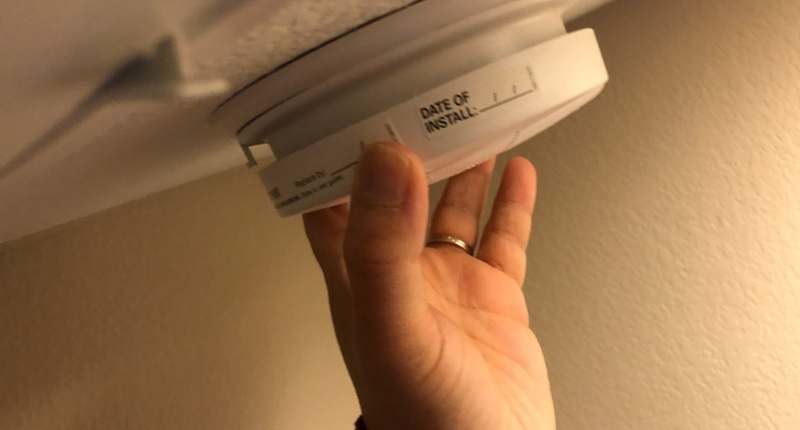- All residential rental properties must have interconnected, photoelectric smoke alarms
- These must be installed in hallways, bedrooms and on every level
- All other residential properties have until 2027 to make the changes
The Queensland Government has reminded landlords they have until the end of the year to comply with new smoke alarm legislation.
From 1 January 2022, residential rental properties will be required to have interconnected, photoelectric smoke alarms installed in hallways, bedrooms and for multiple storey rentals, alarm on every floor.
Mark Ryan, the Fire and Emergency Services Minister, said the changes apply to all new leases or upon the extension of an existing lease. Nevertheless, he encourages all property owners to transition to the newer and safer alarms as soon as practical.
“It’s simple – smoke alarms save lives and interconnected, photoelectric smoke alarms are the safest option available. This is about landlords putting the safety of their tenants first while also protecting their property and rental income.”
Mark Ryan, Fire and Emergency Services Minister
Under the legislation, rental properties that don’t comply with this legislation will be unable to be rented out from next year.
Despite the Queensland Government’s insistence regarding the importance of having these particular type of smoke alarms, the legislation was introduced back in 2017 – meaning landlords have so far had over four years to install the alarms.
The next milestone will be January 2027 when all homes in the state by law will be required to have these photoelectric smoke alarms.
Antonia Mercrella, CEO of the Real Estate Institute of Queensland (REIQ), emphasised the importance of having such smoke alarms.
“Smoke alarm compliance is an important aspect of property management in Queensland real estate, in particular as the deadline for adherence to new legislative requirements fast approaches,
“With only a handful of months left before every rental property must comply, make no mistake – there will be no extension to the deadline. Now isn’t the time to compromise on compliance – be ready by 1 January 2022 or lose the right to rent your property.”
Antonia Mercrella, CEO REIQ
Greg Leach, QFES Commissioner, added that interconnected, photoelectric smoke alarms are designed in a way that residents have extra time to escape a house fire – significantly reducing the chances of injury or death. In particular, he cites research that suggests children are far less likely to wake to the sound of a smoke alarm compared to adults.
“In modern homes where the parent’s bedroom is often in another part of the house, they may not hear the smoke alarm in the children’s bedrooms.
“Interconnection means that the smoke alarms communicate with each other so that if one smoke alarm activates in one room all the smoke alarms activate, making it more likely that everyone will have the best chance of getting out before they are overcome by smoke.”
Greg Leach, QFES Commissioner








